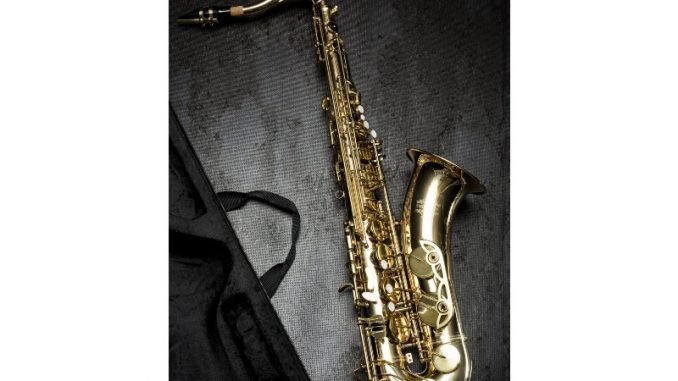
The free-jazz legend, an extremely inventive saxophonist who embraced the influence of African and Indian music, died on Saturday, September 24. He was 81 years old and was considered the inventor of ethno-jazz. He had explored the saxophone to the limits of its timbre, drawing on Eastern, Indian and African traditions to transform his music into a mystical experience.
With his instrument, which he abused, wearing out mouthpieces by the hundreds, shouting into the bell of his instruments or making them vibrate under the power of his continuous breath, he further expanded the horizons of free jazz, a movement born in the late 1950s that freed improvisations from harmonic constraints.
Pharoah Sanders is considered one of the heirs of the great John Coltrane, who died prematurely in 1967, and whose last album “Live in Japan”, released posthumously in 1973, featured some of his aggressive solos. But Sanders, who also played alto and soprano saxophone, was not universally acclaimed and never achieved the popularity of Coltrane or Ornette Coleman, who considered him “probably the best tenor saxophone player in the world.
The sound he produced, evolving between stridency and voluptuousness, established him as one of the masters of spiritual jazz. This movement, at the end of the sixties, wanted to bring together societies divided by racial, social and political tensions in a sound land where peace and happiness for all would be preached in a joyful religious syncretism.
His emblematic “The Creator has a master plan”, a 33-minute track from his album “Karma” (1969), has become one of the anthems of this movement: we hear him – and see him, with his eyes almost revolting – enter a trance where he seems to exorcise his demons before reaching a form of ecstasy.

Be the first to comment